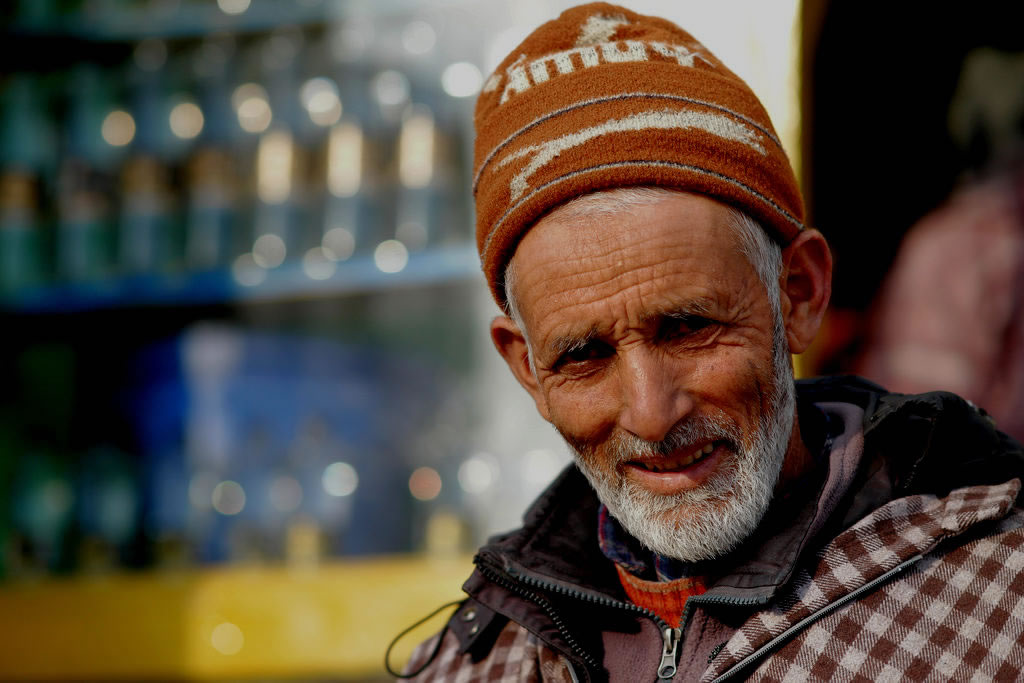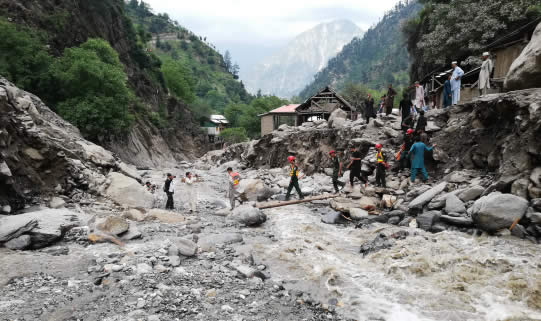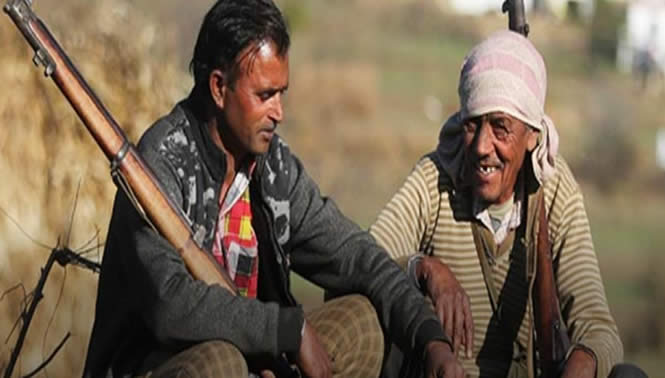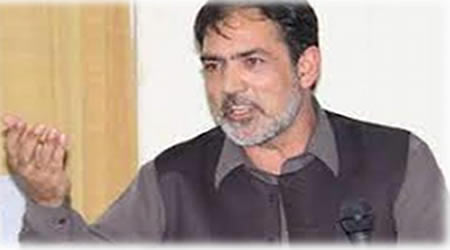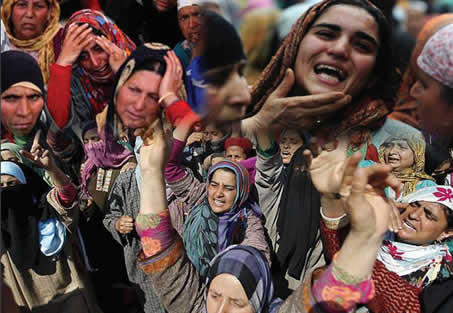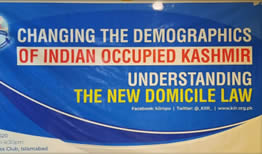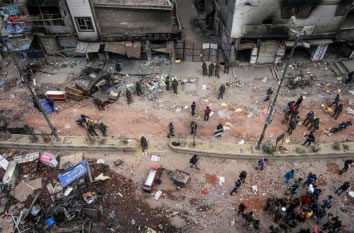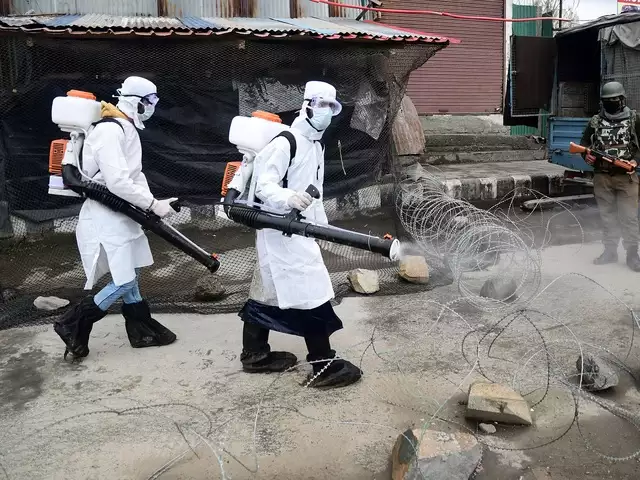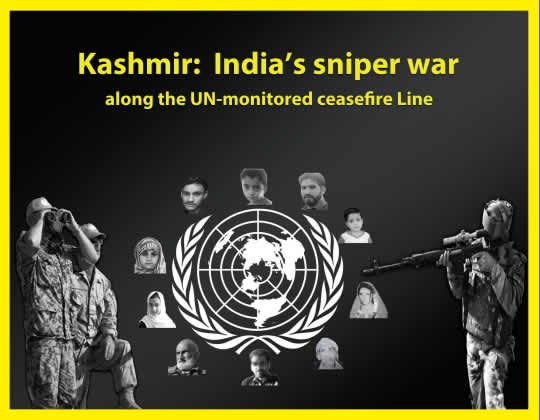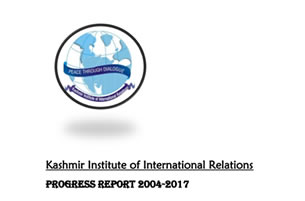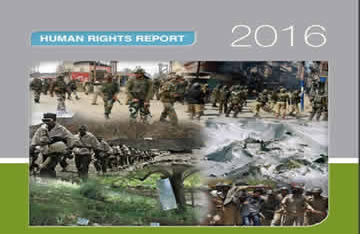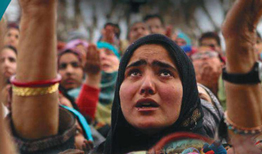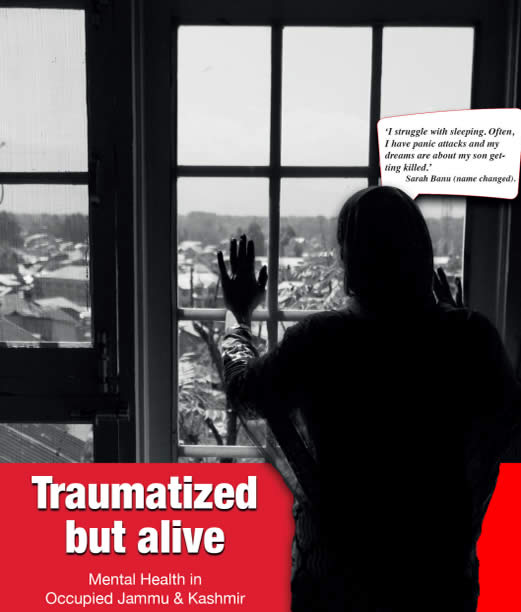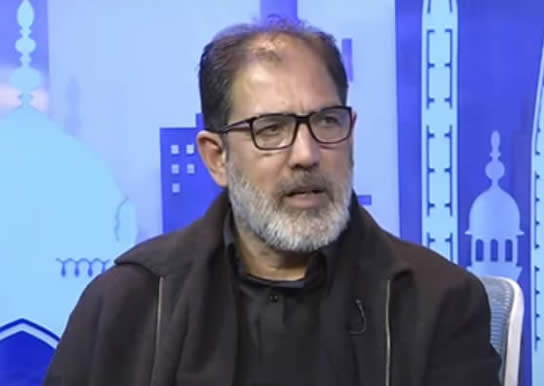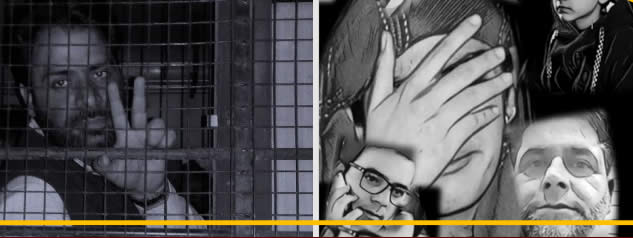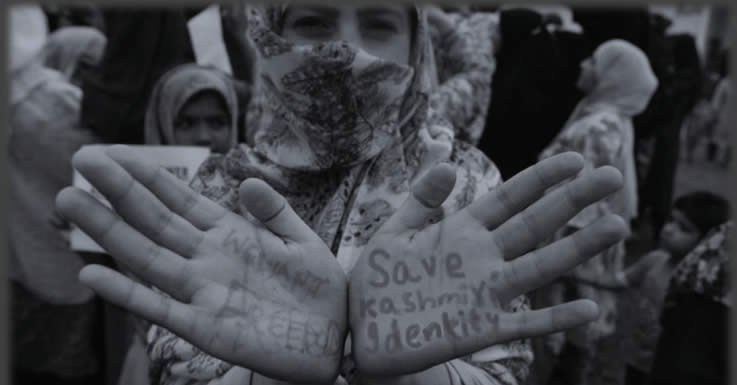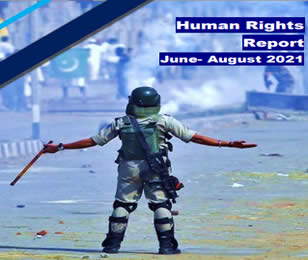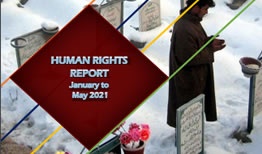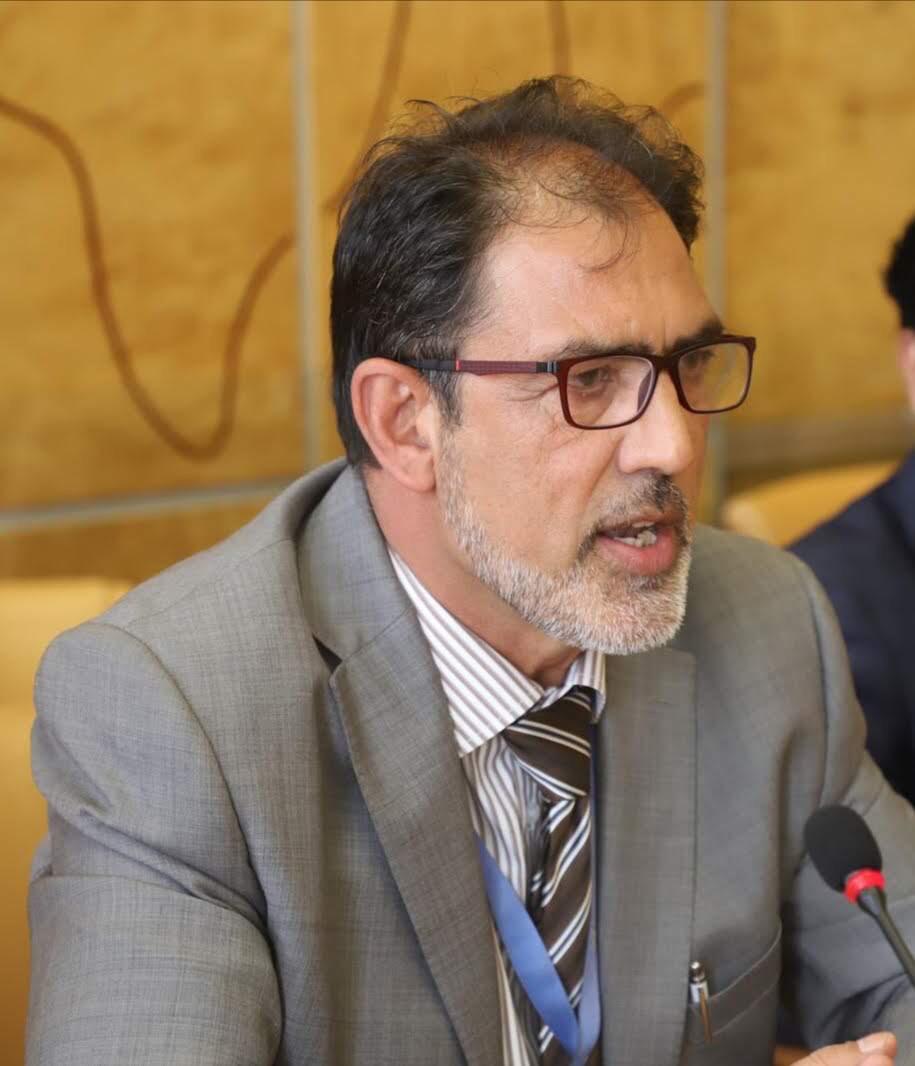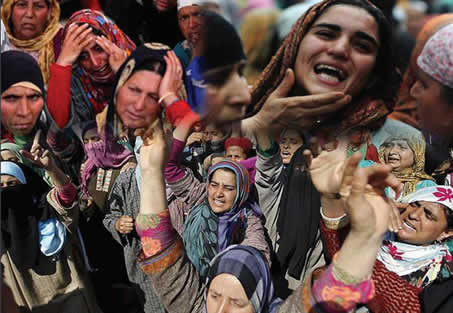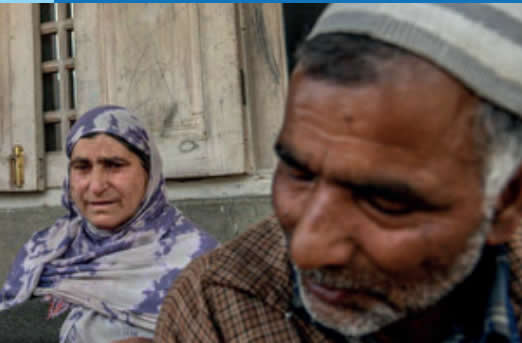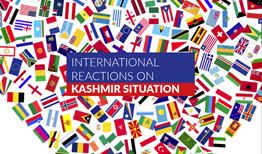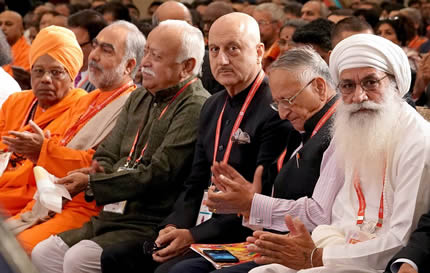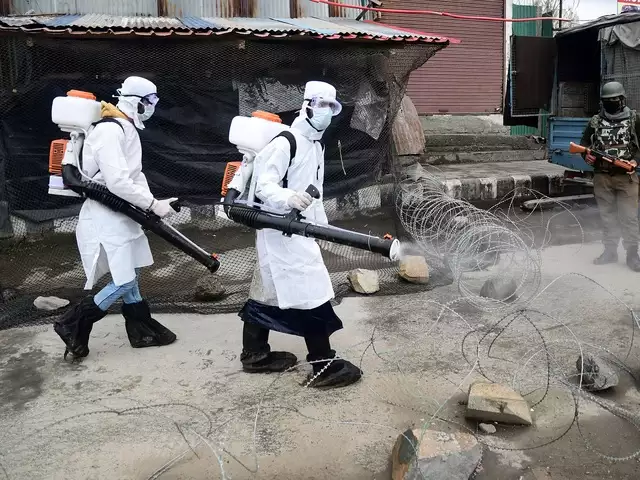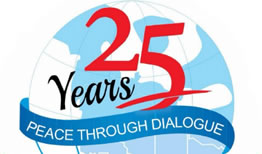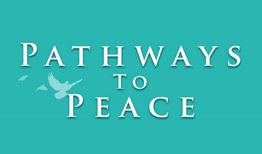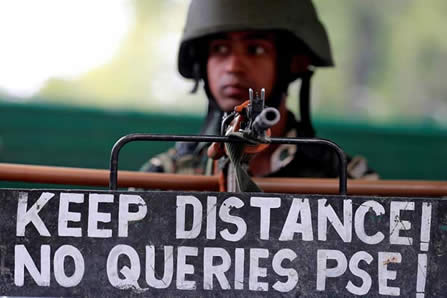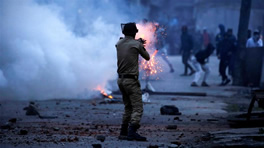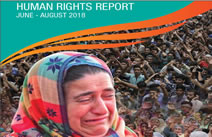INDIA'S NON-COMPLIANCE UN HUMAN RIGHTS MECHANISMS
INDIA'S NON-COMPLIANCE
UN HUMAN RIGHTS MECHANISMS
INTRODUCTION
India, the world’s largest democracy, is a diverse and populous country with a population of 1.35 billion. It follows a democratic parliamentary system, embraces multiple religions and ethnicities, and is the birthplace of major religions like Hinduism, Buddhism, Jainism, and Sikhism. India is a secular state without an official state religion. However, international observations highlight disparities between constitutional ideals and reality in the country. The United Nations’ Universal Periodic Review (UPR) highlighted concerns about human rights violations against religious minorities and ethnic groups, particularly due to the dominant Hindu population.
The Indian government has enacted laws
under the guise of social security and counterterrorism, which some argue unfairly target specific populations or regions,
including the disputed territory of Jammu and Kashmir. Restrictions on freedom of expression, arrests of journalists, and
reports of human rights abuses have further raised international concerns. Despite communications from the Office of
the High Commissioner for Human Rights (OHCHR), India’s response to recommendations has been limited, hindering the
implementation of crucial measures for minority rights, non-discrimination, and gender equality.
This research examines India’s international responsibilities, particularly its non-compliance with the UN Human Rights
system. It emphasizes the crucial need to adhere to UN Security Council resolutions as a means to address the longstanding
Kashmir issue, underscoring the imperative of their implementation.
BACKGROUND
In 1947, Jammu & Kashmir had to choose between joining India or Pakistan. Despite the Kashmiri Muslims’ preference for Pakistan, India forced the non-Muslim ruler to accede to India. This led to a rebellion by the Kashmiri Muslims and the establishment of the Azad Government of Jammu & Kashmir. The United Nations intervened, supporting the Kashmiris’ right to self-determination and rejecting India’s claim on the state. The resolution of January 5, 1949, passed by the UN, states that the accession of the State of Jammu & Kashmir to India or Pakistan will be decided through a democratic method of a free and impartial plebiscite. The Kashmir conflict has been marked by a significant delay in the implementation of UN resolutions, undermining the right to self-determination for the people of Indian Occupied Kashmir (IOK).
Despite the international community’s calls for action, the resolutions remain unimplemented, leading to frustration and disillusionment among the Kashmiri people. The repeated farcical and sham elections in the region have failed to provide a genuine avenue for self-determination, further exacerbating tensions. Indian leaders have frequently employed misleading statements to deceive the international community. The Indian leaders unjustly brand the freedom struggle of Kashmiris as terrorism. However, it is essential to acknowledge that the UN Charter, the Universal Declaration of Human Rights 1948, and other UN declarations uphold the right of individuals to engage in the fight for self-determination.
INDIA’S NON-COMPLIANCE WITH INTERNATIONAL CONVENTIONS
India, despite being a member of the Human Rights Council, has not yet ratified crucial international conventions such as the Convention on the Status of Stateless Persons, the Convention on Reduction of Statelessness, and the Convention on the Status of Refugees. India’s reluctance to join these conventions calls into question its commitment to upholding human rights obligations and addressing the pressing issues faced by stateless individuals and refugees. India made repeated commitments, over forty times, to hold a plebiscite in Jammu & Kashmir. However, these promises were insincere and used as delaying tactics. Talks on Kashmir were initiated by India under pressure, but with no genuine intent. The Kashmir issue holds a prominent position on the UN agenda, further underscored by the presence of the UN Military Observers Group in India and Pakistan. The concerning escalation of human rights abuses by Indian occupation forces in Indian Occupied Kashmir (IOK), coupled with the expanding military power of India, has rendered the Indian Sub-Continent one of the most precarious regions globally, as acknowledged by notable world leaders, including former US President Bill Clinton.
As India actively seeks a permanent seat on the UN Security Council, it is incumbent upon them to reflect upon the UN Security Council resolutions pertaining to Kashmir, which have been consistently disregarded with impunity. 4 It is also important to note that India has international responsibilities to protect the right to nationality and ensure the rights of stateless individuals, as stipulated by various ratified treaties. These include the International Covenant on Civil and Political Rights (ICCPR) (Article 24.3), the International Covenant on Economic, Social and Cultural Rights (ICESCR) (Articles 2.2 and 3), the Convention on the Rights of the Child (CRC) (Articles 2, 3, 7, and 8), the Convention on the Elimination of All Forms of Discrimination against Women (CEDAW) (Article 9), the Convention on the Elimination of All Forms of Racial Discrimination (CERD) (Article 5(d)(iii)), and the Convention on the Rights of Persons with Disabilities (CRPD) (Article 18). These treaties outline the obligations and commitments that India has undertaken to protect and promote the rights of individuals, including those who are stateless.
UNITED NATIONS HUMAN RIGHTS COUNCIL
The United Nations Human Rights Council (HRC) is a UN body consisting of 47-member states tasked with promoting and protecting human rights worldwide. It convenes regularly at the UN office in Geneva. The Office of the High Commissioner for Human Rights (OHCHR) is a UN department responsible for upholding human rights as defined in international law and the Universal Declaration of Human Rights. The High Commissioner for Human Rights leads the OHCHR and coordinates human rights activities within the UN system. Recent reports from various UN representatives have shed light on the human rights situation in India.
UN RESOLUTIONS ON KASHMIR
Since 1948, the United Nations Security Council has continuously addressed the Jammu and Kashmir dispute under the
agenda item “India-Pakistan Question.” Throughout this period, the Security Council has adopted numerous resolutions
regarding this matter. Here is a brief description of some important resolutions related to the Jammu and Kashmir dispute:
OHCHR REPORTS ON IOK
In 2018 and 2019, the UN High Commissioner for Human Rights released two comprehensive reports that extensively documented India’s systematic, systemic, and blatant human rights abuses in occupied Jammu & Kashmir. These reports explicitly condemned India for various violations, including the excessive use of force such as pellet gunshots, extrajudicial killings disguised as “cordon and search” operations, arbitrary arrests and detentions, and torture inflicted upon Kashmiri civilians, journalists, political activists, and human rights defenders. The reports also highlighted the prevalent culture of impunity enjoyed by Indian forces under the draconian laws of the Armed Forces Special Powers Act (AFSPA) and Public Safety Act (PSA).
Pakistan welcomed these two UN reports on Kashmir, fully endorsing their significant recommendations. These recommendations emphasize the utmost importance of respecting the right to self-determination for the people of Jammu & Kashmir and the establishment of a Commission of Inquiry (COI) to investigate the gross and systematic human rights violations occurring in Indian Occupied Jammu & Kashmir (IoJK). Pakistan strongly echoes these recommendations, advocating for justice and accountability regarding the human rights situation in the region
RECOMMENDATIONS BY OHCHR REPORTS
HIS EXCELLENCY ANTÓNIO GUTERRES UNSG STATEMENTS ON THE SITUATION IN IOK
UN HIGH COMMISSIONER FOR HUMAN RIGHTS ON THE SITUATION IN IOK
UN OFFICIAL COMMUNICATIONS TO INDIA
UN JOINT COMMUNICATION
PRESS RELEASES
UN UNIVERSAL PERIODIC REVIEW (UPR)
CONCLUSION
DETAILED UN JOINT COMMUNICATION
Related Reports
